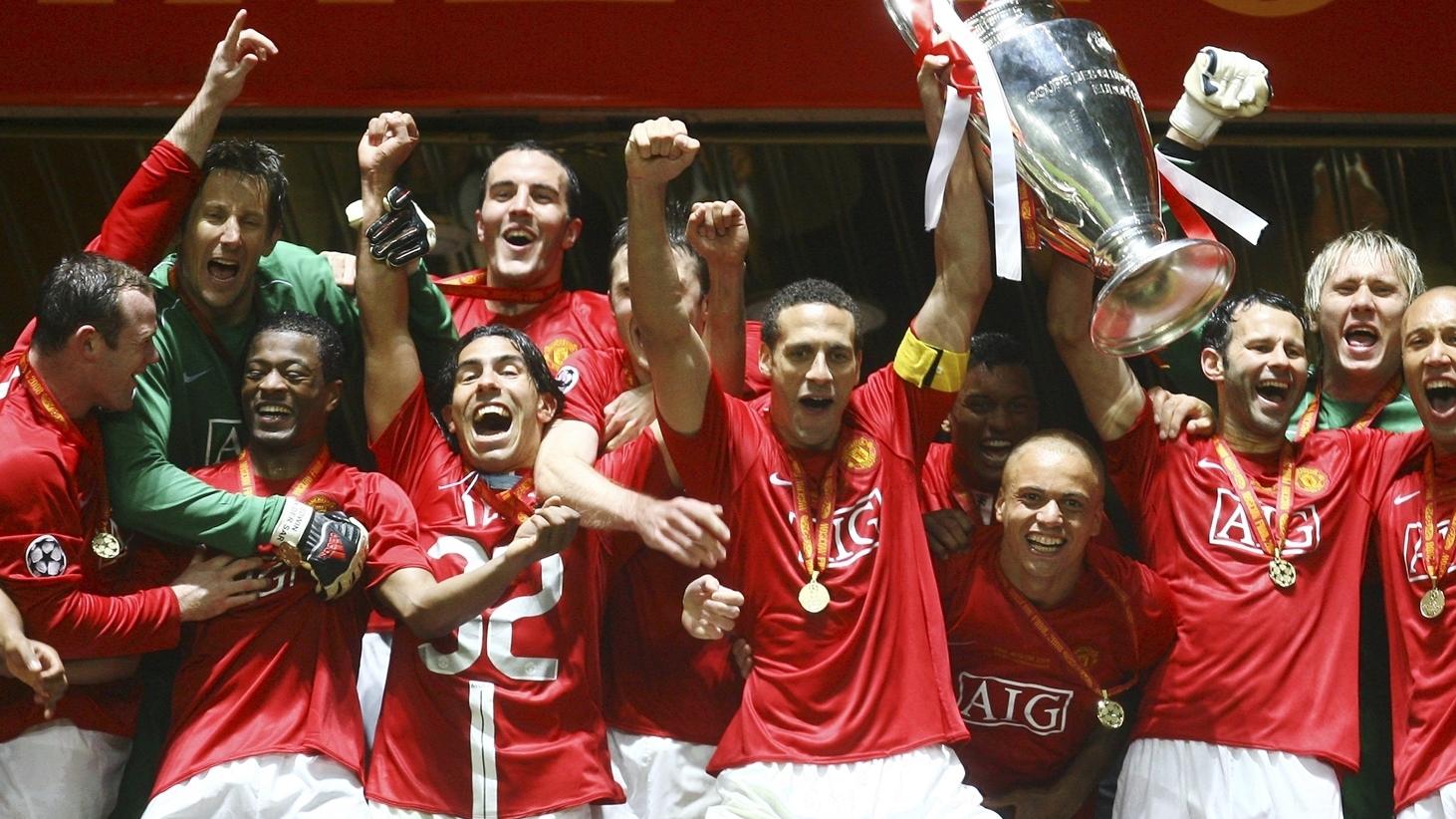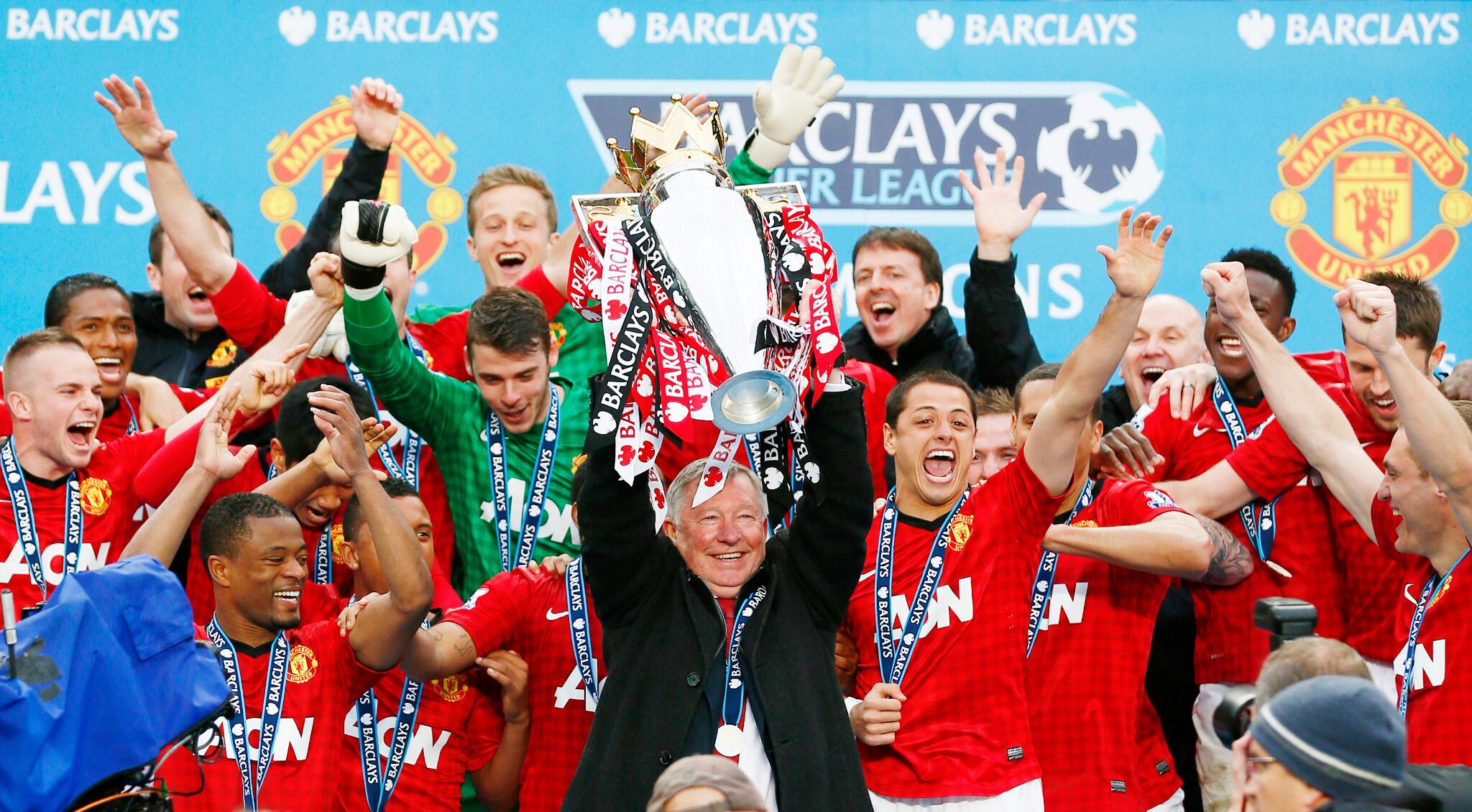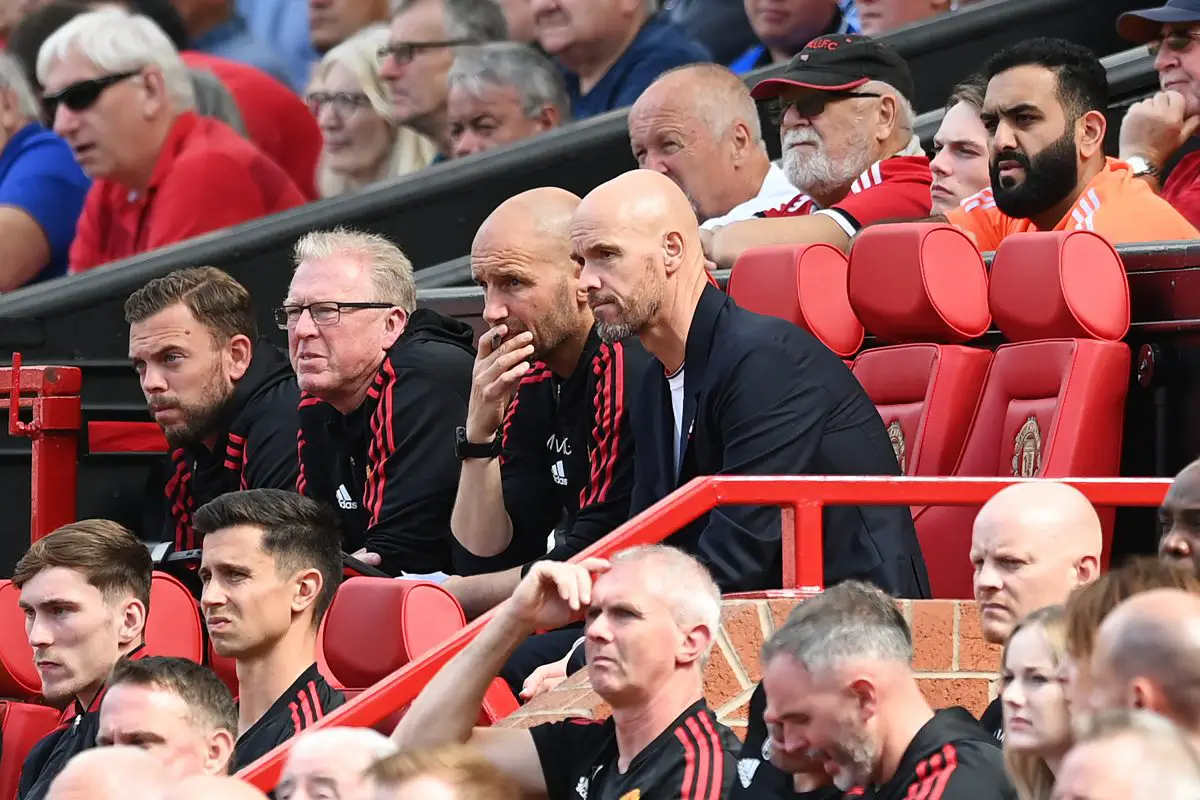Champions League Manchester United: A legacy forged in thrilling victories and heartbreaking defeats, the club’s history in Europe’s premier competition is a tapestry woven with iconic moments and legendary players. From the triumphant nights under Sir Alex Ferguson to the more recent struggles, Manchester United’s Champions League journey offers a compelling narrative of ambition, resilience, and the relentless pursuit of glory.
This exploration delves into the club’s past glories, recent performances, and future aspirations on the grandest stage of European football.
This in-depth analysis examines Manchester United’s Champions League history, dissecting key campaigns, influential managers, and pivotal players. We’ll assess their recent performances, comparing their European form to domestic results, and analyze the tactical approaches employed. Furthermore, we will recount memorable matches, highlight crucial moments, and speculate on the club’s prospects for future Champions League success.
Manchester United’s Champions League Legacy: Champions League Manchester United
Manchester United’s history in the UEFA Champions League is a tapestry woven with threads of triumph and heartbreak, marked by iconic players, memorable matches, and periods of dominance interspersed with spells of inconsistency. From their first foray into the competition to their recent campaigns, the club’s journey reflects the ever-shifting landscape of European football. This analysis delves into the key aspects of their Champions League story, examining past glories, recent performances, and future prospects.
Manchester United’s Champions League History, Champions league manchester united
Manchester United’s Champions League journey began in the early years of the competition, with varying degrees of success. Their most successful periods were undoubtedly punctuated by the managerial genius of Sir Alex Ferguson, whose tactical acumen and team building shaped numerous memorable campaigns. While they haven’t reached the heights of recent years consistently, their legacy in the competition remains undeniable.
Comparing their performance to other European giants like Real Madrid, Barcelona, and Bayern Munich reveals a consistent presence, albeit one with fewer overall titles.
| Season | Outcome | Top Scorer | Key Moment |
|---|---|---|---|
| 1998-99 | Winners | Teddy Sheringham (5 goals) | Overcoming Bayern Munich 2-1 in injury time with two late goals. |
| 2007-08 | Winners | Cristiano Ronaldo (8 goals) | The dramatic penalty shootout victory against Chelsea in the final. |
| 2008-09 | Semi-finals | Cristiano Ronaldo (4 goals) | Narrow defeat to Barcelona, highlighting the tactical battle between Ferguson and Guardiola. |
| 2010-11 | Quarter-finals | Wayne Rooney (4 goals) | Elimination by eventual winners, FC Barcelona. |
Sir Alex Ferguson’s influence on United’s Champions League success is undeniable. His tactical flexibility, ability to cultivate a winning mentality, and shrewd recruitment were pivotal in their triumphs. Post-Ferguson, the club has faced challenges in maintaining consistency at this level, highlighting the difficulty of replicating his long-term success.
Recent Champions League Performances
Manchester United’s recent participation in the Champions League has been characterized by a mixture of promising starts and ultimately disappointing finishes. The following bullet points detail their performance over the last five seasons (or the last five seasons in which they participated):
- Season 1: Early exit in the group stage, inconsistent performances, and tactical struggles.
- Season 2: Reached the knockout stages but eliminated in the Round of 16, showing glimpses of potential but lacking overall consistency.
- Season 3: Failed to qualify for the Champions League, highlighting the team’s struggles to compete at the highest level.
- Season 4: Qualified for the Champions League but suffered a disappointing group stage exit, again raising questions about squad depth and tactical approach.
- Season 5: Qualified for the Champions League, demonstrating improvement but falling short in the knockout stages.
Comparing their Champions League performances to their domestic league results during the same periods reveals a correlation between overall team form and success in Europe. Strong domestic campaigns often translated into better European runs, while inconsistent domestic form mirrored their European struggles. Tactical approaches have varied, reflecting the managerial changes and attempts to adapt to different opponents. Some managers favoured a more possession-based approach, while others prioritized a more direct, counter-attacking style.
Key Players and Their Roles
Several players have significantly contributed to Manchester United’s Champions League history. Their contributions extended beyond individual brilliance to encompass leadership, tactical awareness, and an unwavering commitment to winning.
| Player | Playing Style | Strengths |
|---|---|---|
| Cristiano Ronaldo | Winger/Forward | Pace, dribbling, clinical finishing, goal-scoring ability |
| Ryan Giggs | Winger/Midfielder | Versatility, crossing ability, assists, longevity |
| Paul Scholes | Midfielder | Passing range, vision, midfield control, long shots |
The evolution of key player roles within Manchester United’s Champions League teams reflects changes in tactical approaches and squad composition. For example, the role of the central midfielder shifted from a primarily defensive role to one encompassing greater attacking responsibilities, while the importance of wingers has fluctuated based on managerial preferences.
Memorable Champions League Matches

Three matches stand out as particularly memorable in Manchester United’s Champions League history, showcasing both the highs and lows of their European journey.
The 1999 Champions League Final against Bayern Munich. Trailing 1-0 in injury time, two late goals from Teddy Sheringham and Ole Gunnar Solskjær secured an improbable victory, etching the match into footballing folklore. The comeback epitomized Manchester United’s spirit and ability to overcome adversity.
The 2008 Champions League Final against Chelsea. A dramatic penalty shootout victory after a goalless draw, this match highlighted the intense rivalry between the two English giants. The tension and drama of the penalty shootout made it a memorable climax to the season.
The 2009 Champions League Semi-final against Barcelona. A tactical battle between Sir Alex Ferguson and Pep Guardiola, this match showcased the strengths and weaknesses of both teams. While Manchester United put up a strong fight, Barcelona’s superior possession and tactical fluidity ultimately prevailed.
Visual Representation of a Key Moment: The 1999 Champions League Final, injury time. The ball is played into the box, a scramble ensues. Teddy Sheringham, unmarked, volleys the ball into the net, tying the score 1-1. The image captures the sheer pandemonium on the pitch and in the stands, a moment of pure ecstasy for United fans.
The Club’s Current Status and Future Prospects

Manchester United’s current squad possesses a blend of young talent and experienced players. Their potential for future Champions League success hinges on several factors, including squad cohesion, tactical clarity, and consistent performance. The challenges include adapting to the ever-increasing competitiveness of European football, managing player expectations, and securing consistent results across various competitions.
New signings and managerial changes could significantly impact their Champions League aspirations. Strategic recruitment focusing on specific areas of weakness, combined with a clear and effective tactical system, could propel them back towards the top of European football. However, the club must also address underlying issues such as squad depth and consistency to ensure long-term success.
Enhance your insight with the methods and methods of 7th place premier league.
Manchester United’s Champions League story is far from over. While recent seasons have presented challenges, the club’s rich history and unwavering ambition suggest a return to the pinnacle of European football is within reach. The future depends on strategic signings, tactical innovation, and the emergence of new stars, but the club’s enduring legacy ensures that their Champions League journey will continue to captivate fans worldwide for years to come.
The pursuit of glory remains a constant, and the next chapter in this epic saga promises to be as compelling as those that preceded it.


